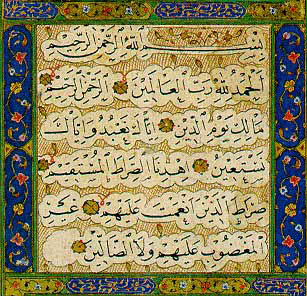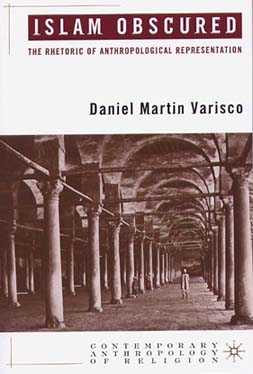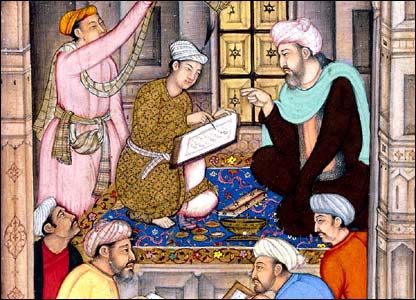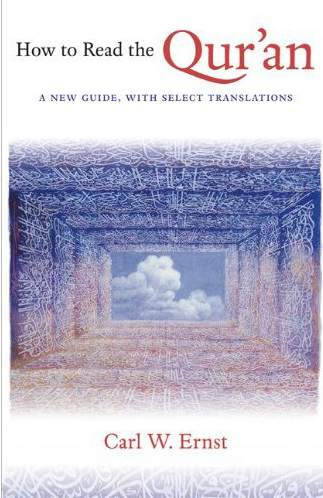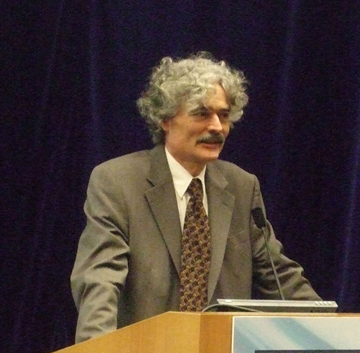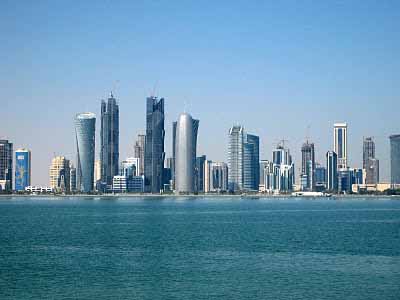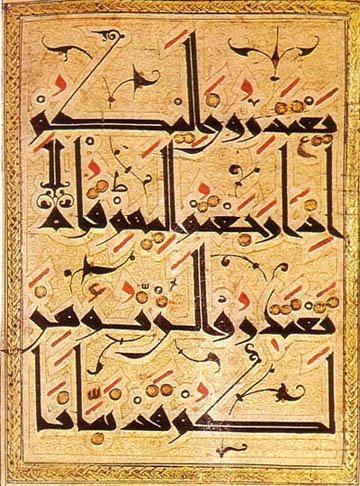
Quran in Naskhi script written by the celebrated Turkish calligrapher Hamd Allah (15th century, Topkapi Museum
[The following is part two of a series on a lecture presented in the Hofstra Great Books Series on December 5, 1993. For part one, click here.].
So why am I here?
Let me begin with my discipline. I am an anthropologist by training and experience and a life-long student of Arabic (as a dynamic language and as an extraordinary corpus of folklore and formal literature). You may wonder why an anthropologist would stand before you to discuss a great book, an anthropologist who should seem to be more at home studying “primitive”, non-literate people (who can sadly boast of no “great books”.. Perhaps we should have a “Great Oral Traditions” series).
You see, as an anthropologist, I do not so readily discriminate between societies with books and societies technically without them. More specifically, as a cultural anthropologist, my ethnographic research (that is, my personal observations and documentation of what people do, say they do, or don’t do and think they should do) was in the Arab Islamic country of Yemen (located southwest of Saudi Arabia across the horn of Africa from more newsworthy Somalia). While many of the Yemeni men and women I knew in the field were not formally literate, they were clearly part and parcel of a religion of the book; as Muslims with an impressive local history they all related to the Quran as a vital text and they all (even if unschooled) knew by heart portions of the Quran, at a minimum the fatiha I recited at the start. To talk meaningfully about the Yemen I observed and studied and not to know something reasonably substantial about the Quran that Yemenis revere, would seem to me absurd, or at the very least the sloppiest sort of scholarship. Continue reading The Quran as a Great Book: Muslim Perspectives, 2
